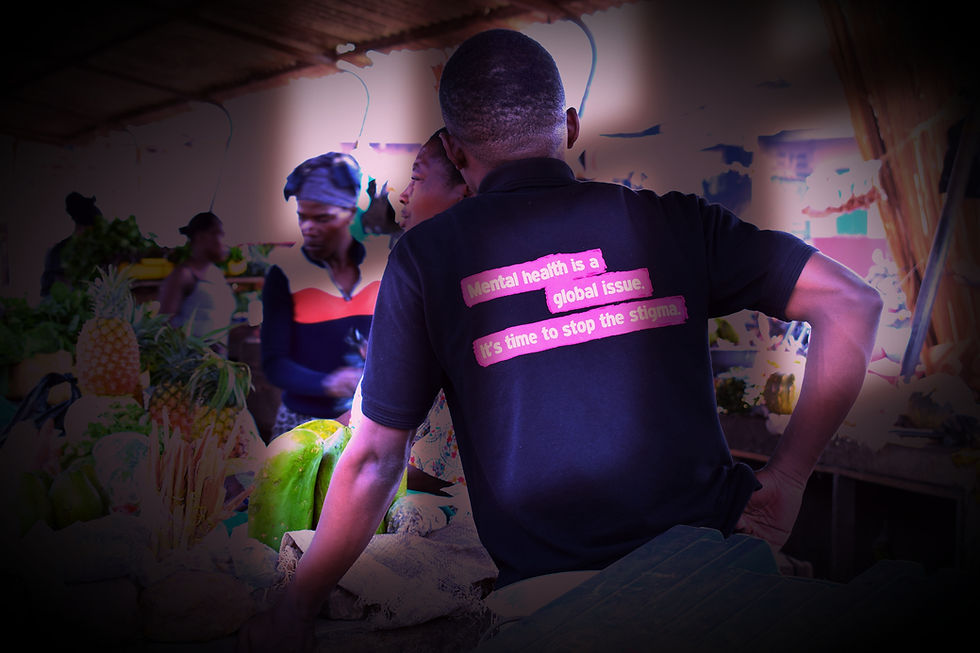
A message from Our Founder
In Uganda, millions of young people living with mental health challenges struggle in silence. Too often, their voices go unheard, and their needs remain unmet. Stigma, underfunded services, a shortage of trained professionals, and weak integration into primary care continue to create barriers that prevent timely and appropriate support.
At Twogere, we are breaking down these barriers. Guided by evidence, informed by lived experience, and rooted in community, we work to close the youth mental health gap, ensuring that support is accessible, inclusive, and shaped by the experiences of young people themselves.
Godfrey Kagaayi
Why We Exist
We exist to close the youth mental-health gap by rebuilding how support is delivered, moving care out of clinics and into communities, schools, and peer networks so every young person can get help where they live.
We exist to close the youth mental-health gap
Our Approach
At Twogere, change begins with young people. We listen, empower, and strengthen systems — ensuring mental health support is inclusive, accessible, and empowering for every young person.
Listen
Engage young people with lived experience to understand their real challenges and aspirations.
Empower
Equip youth with the skills, knowledge, and confidence to take charge of their mental wellbeing.
Strengthen Systems
Build sustainable, youth-centered services, train professionals, and integrate mental health support into schools and communities.

Core Ingredients of Our Work
The key elements that make our programs effective:
Lived Experience Leadership:
Young people with lived experience actively shape and guide the programs that affect them.
Strategic Partnerships: Collaborating with schools, communities, and organizations to expand reach and impact.
Evidence & Learning: Using research and feedback to design programs that truly meet youth needs.
Advocacy:
Promoting policies and practices that improve youth mental health support.
Community Engagement:
Involving families, peers, and local networks to create supportive environments.

Our Impact
We are on a mission to break down barriers to mental health care and support, and with the help of generous supporters like you, we’re getting closer every day.

Our Partners
We work with partners across sectors to expand youth-centered mental health support and empower young people to thrive.
How you can help




.png)


